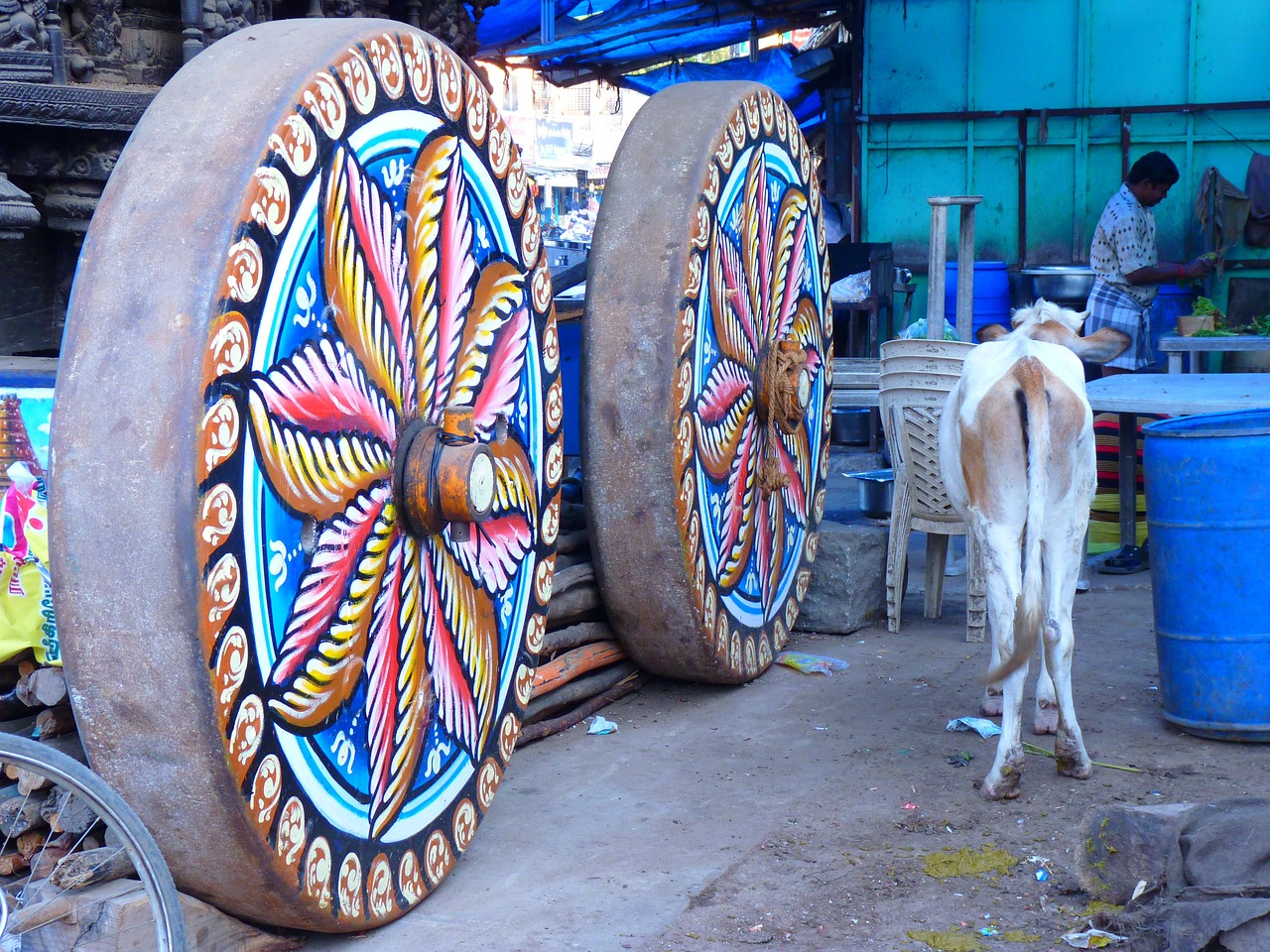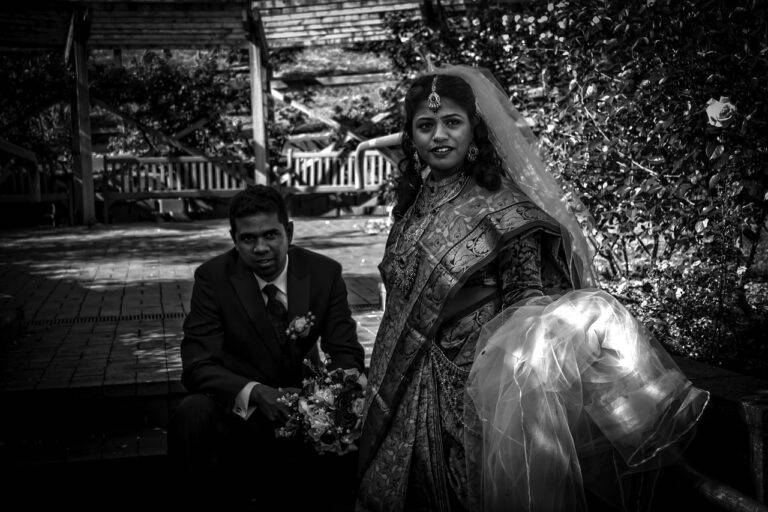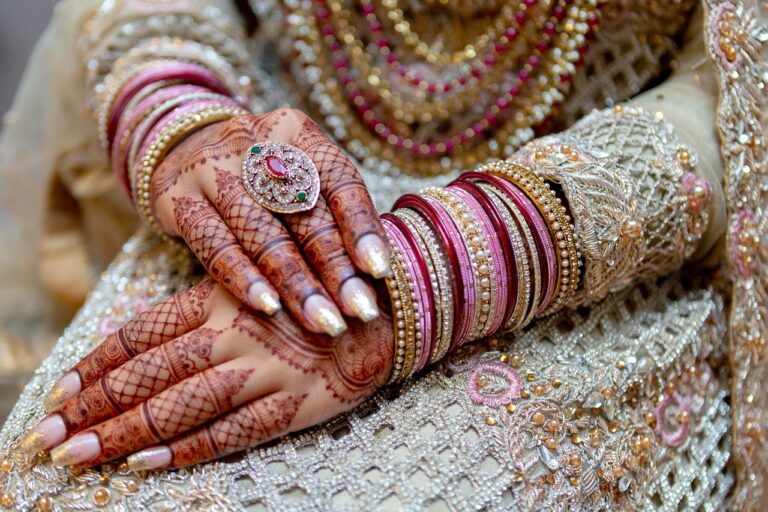The Role of International Election Observers in Promoting Democracy
International election observers play a crucial role in promoting democracy around the world by ensuring free and fair elections, monitoring electoral processes, and reporting on any irregularities or violations. This article will delve into the significance of international election observers, their impact on promoting democratic values, and the challenges they face in fulfilling their mandate.
Understanding the Role of International Election Observers
International election observers are individuals or groups appointed by international organizations, governments, or non-governmental organizations to monitor elections in a particular country. Their primary role is to observe the electoral process, assess its fairness and credibility, and report on any violations or irregularities that may occur during the election.
The Importance of International Election Observers
International election observers serve as a crucial mechanism for upholding democratic principles and ensuring transparency in the electoral process. By monitoring elections, they can provide valuable insights into the conduct of elections, identify areas for improvement, and help build trust in the electoral process among the public.
Key Responsibilities of International Election Observers
International election observers have several key responsibilities, including:
- Monitoring polling stations to ensure the voting process is conducted fairly
- Assessing the overall electoral climate and identifying any instances of voter intimidation or coercion
- Observing the vote counting process to verify the accuracy of results
- Reporting on any irregularities or violations observed during the election
The Impact of International Election Observers
International election observers play a significant role in promoting democracy by providing an independent assessment of the electoral process and helping to ensure that elections are free, fair, and transparent. Their presence can help deter electoral fraud and provide reassurance to both domestic and international stakeholders that the election results are legitimate.
Challenges Faced by International Election Observers
Despite their important role, international election observers face several challenges in fulfilling their mandate. Some of the common challenges include:
- Access restrictions imposed by the host country
- Security risks in conflict-prone or authoritarian countries
- Lack of cooperation from local authorities or election officials
- Political pressure to overlook violations or irregularities
FAQs
Q: What is the purpose of international election observers?
A: The purpose of international election observers is to monitor elections, assess their fairness and credibility, and report on any violations or irregularities that may occur during the election.
Q: How do international election observers promote democracy?
A: International election observers promote democracy by ensuring that elections are free, fair, and transparent. Their presence helps build trust in the electoral process and can deter electoral fraud.
Q: What are some challenges faced by international election observers?
A: Some of the challenges faced by international election observers include access restrictions, security risks, lack of cooperation from local authorities, and political pressure to overlook violations.
Q: Who appoints international election observers?
A: International election observers are appointed by international organizations, governments, or non-governmental organizations to monitor elections in a particular country.







